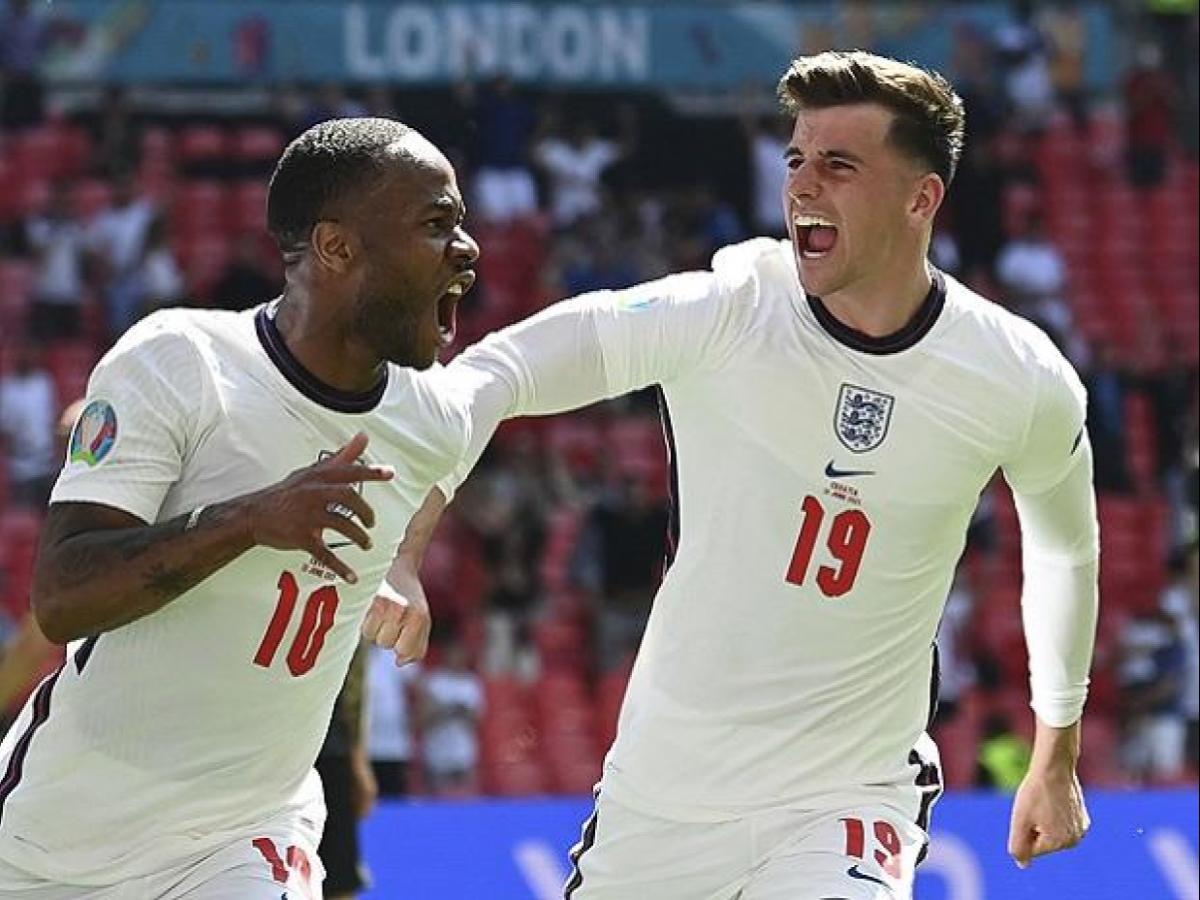
England Nearly Won the Euro Cup – But Why Aren’t The Men’s Competing in the Olympics?
The men and women’s football competitions are underway at the Tokyo 2020 Olympics.
After two matches in the group stage in the men’s event Japan lead Group A, South Korea top Group B, Spain are first in Group C and Brazil lead Group D.
The last Olympics to have both a men’s and women’s football team competing in Team GB colours was London 2012 in what was a historic occasion for both sides: it was the first time in 52 years that there was a men’s team at the Games and the first time ever that there was a women’s team.
Both teams fell short in their quest to reach the podium, suffering elimination in the quarter-final stage, with the men bowing out to South Korea on penalties and the women suffering a 2-0 defeat to Canada.
Neither squad had the opportunity to improve upon that performance four years later at Rio 2016 due to concerns from the Scottish Football Association (SFA), Football Association of Wales (FAW) and the Irish Football Association (IFA) that it would impact their independence.
The three home nations were worried that releasing their players for Team GB international duty could compromise their position as independent nations within Fifa. Without unanimous backing from all four associations, it was decided that there would be no men’s or women’s football team at Rio 2016.
That changed in the lead up to Tokyo 2020, although only for the women’s team. England’s strong showing at the 2019 World Cup in France, when they finished fourth, meant that a Team GB squad could be entered into the following Olympics after securing one of Uefa’s three allocated slots.
On this occasion, the four home nations reached an agreement, allowing a Team GB women’s football squad to take its place at Tokyo 2020. The English Football Association informed i that no such discussions took place about having a men’s team and that the only focus was on collaborating with the other home nations to put a women’s squad together.
In 2015, Trefor Lloyd Hughes, the then president of FAW, criticised the FA for trying to “bully” other home nations into accepting a Team GB squad at Rio 2016.
“England seem to want to run everything and take over the whole game,” he said. “But we will not let that happen – the dragon on Wales has still got flame coming out of his mouth. We are not going to be bullied.”
Despite the lack of co-operation since London 2012, Team GB Chef de Mission, Mark England has insisted that he would “love” for there to be a men’s football team at the next Olympic Games in 2024, held in Paris.
England said: “I would absolutely love to take a men’s football team to the Olympic Games. I think the experiences that the women have had through the home country FAs hopefully will be that positive step and impetus for an open dialogue on men’s teams in the future.”
Had the Football Association managed to gain the support of the other home nations and Premier League clubs, a Team GB squad would have looked pretty formidable. The rules dictate that a squad must have no more than three players over the age of 23, although in Tokyo the cut-off point is effectively 24 as the limit has been applied as if the games had taken place on time last year.
A dozen members of England’s squad that reached the Euro 2020 final would have been eligible for selection at Tokyo 2020, including Dean Henderson in goal, Reece James in defence, Jude Bellingham, Phil Foden and Mason Mount in midfield and Jadon Sancho, Bukayo Saka and Marcus Rashford in attack.
Billy Gilmour and Kieran Tierney would have been the pick of the players from Scotland, while Joe Rodon and Chris Mepham both impressed for Wales during the Euros. Northern Ireland pair Jonny Evans and Stuart Dallas could have made the cut as overage players.
